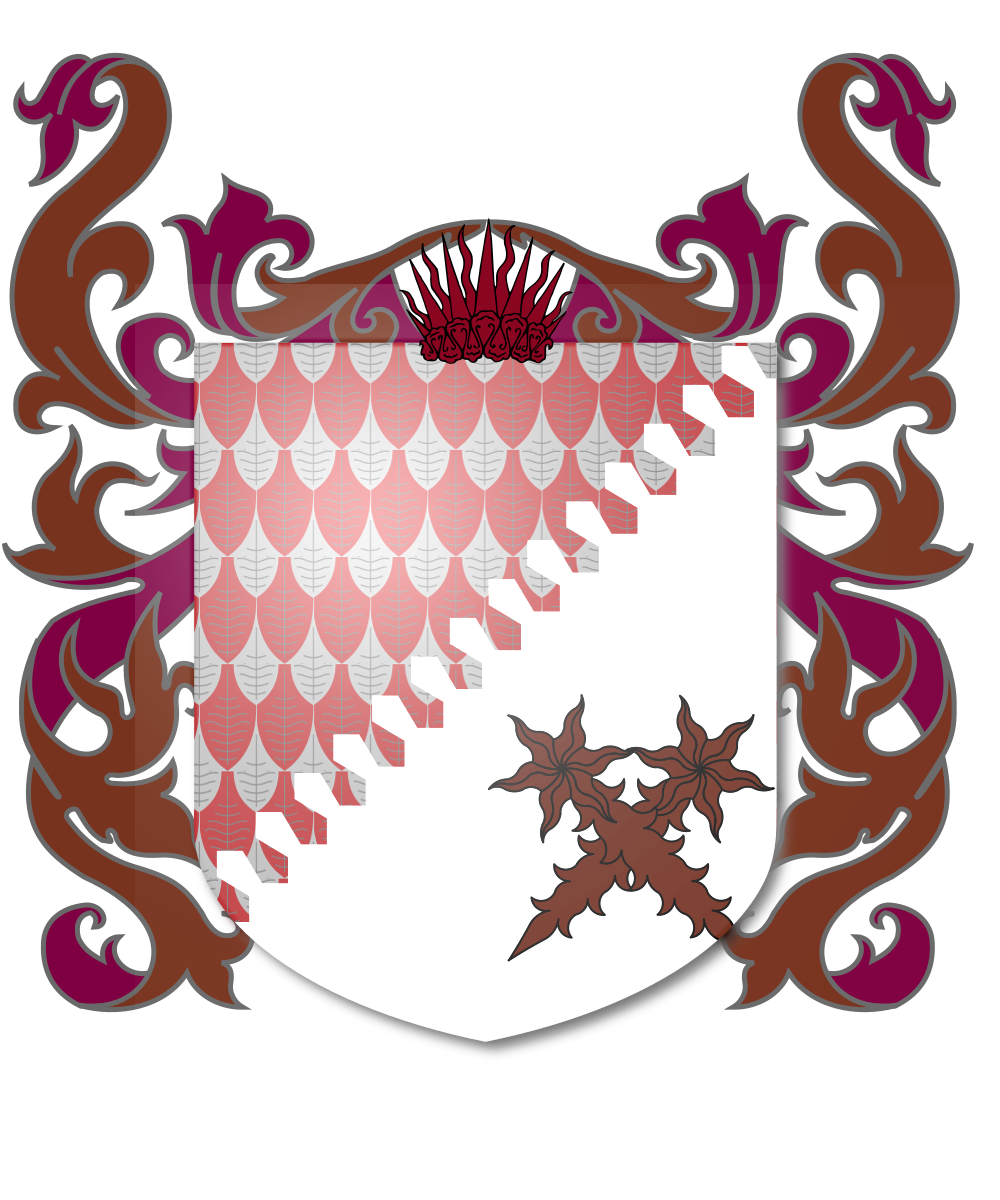The Southern Suns
They handed it to me like I was expected. No border check. No questioning. Just a thick, gilded packet stamped with something hot enough to blister parchment. “The Contract Codex,” they called it. Said it with a grin that made me wonder if I’d already signed something just by hearing it. A woman in a war-sashed robe handed it over. Didn't even ask my name. Said, “You’ve got the look of someone who’ll need this eventually. Everyone does.” I hadn't told them I was here to study their war rites. I hadn't told anyone I was coming at all. Inside: pricing, logistics, cultural instructions that read more like seduction than statecraft. All laid out in sharp black ink and red-thread bindings. Even the disclaimers were poetic. My favorite: “We do not fight for both sides of the same war—unless the price is exceptional.” It wasn't a threat. It was an invitation. Gods help me, I kept it. I filed it under 'Reference Materials' in my journal. I think it knows me now.
The Contract Codex: A Guide for Foreign Clients of the Southern Suns
National Overview: The Southern Suns & the City of Ariuk
Set deep in the Laughing Deserts, the Southern Suns rose from what was once a scorched orcish war camp. After the Calamity turned sand into shimmering wealth, this kingdom forged itself into something new: a place where treasure means power—and power is sold.
Ariuk, the capital, is a furnace of steel, gold, and legacy. Fortified roads crisscross the desert, leading to caravan hubs and skybeast docks. Most kingdoms use armies. The Suns export them.
We do not sell war. We sell control.
Units for Hire
Standard Corps
- Sunmarked Phalanx – Heavy infantry. Trained for heat endurance and frontline suppression. Known for silence under fire.
- Goldtide Archers – Mounted skirmishers trained on dune-crawlers and shifting sands. Excellent mobility, excellent marksmanship.
- Ashborne Blades – Close-combat duelists and theatrical killers. Ideal for commanders who want precision... and a little spectacle.
Specialty Divisions
- Sandwraith Pathfinders – Saboteurs and scouts. Move unseen. Strike quietly. Return never.
- Cradleguard Retinues – Elite bodyguards trained in non-lethal takedown and escalation suppression. Favored by royalty.
- Voice-Forged Interlocutors – Warrior-diplomats trained in negotiation, misdirection, and blade-work. Often embedded with high-command.
Pricing & Availability
| Tier | Unit Type | Cost per Moon (Est. 1 soldier) |
|---|---|---|
| Bronze | Auxiliaries, Labor Troops, Logisticians | 45–60 Gold |
| Silver | Full Corps / Archer Divisions | 110–140 Gold |
| Gold | Elite Units / Specialist Deployments | 220+ Gold |
| Platinum | Named Warbands / Custom Command | Negotiable. |
Understanding the Southern Suns
To buy a blade from the Suns is to contract with a kingdom built for battle. There are no thrones here—only those who’ve held power long enough to be feared for it.
Leadership is earned through charisma, coin, or cautionary violence. Votes can be purchased; loyalty cannot. If a commander fails to feed or protect their people, they tend not to last the season.
Coin is crown. Command is temporary. All power here is transactional, sacred, and very sharp.
The People of Ariuk
Orcish warbands may have laid its bones, but the Suns welcome any who can survive the heat—of the sun or of politics. Today, its soldiers hail from:
Training begins in childhood. Every child swings a blade before they ride a camel. Every voice is taught to argue, sing, and fight for breath.
Belief, Ritual, and War Gods
The Suns respect strength. Their gods do the same.
Most families honor war gods—chaotic or lawful, so long as they answer prayers with steel. But there’s room for others at the altar:
Blades are blessed before birth. Names are given in battle. The only grave marker that matters is the story told after.
Family, Hearth, and Fire
Homes in Ariuk aren’t built around walls—they’re built around women. Matriarchs rule over extended family halls with iron softness. A typical home includes:
Every district has a bonfire kitchen: men cook, women teach, and children shout over one another. Nightly songs mingle with training drills. Offerings are made to ancestors over bowls of stew and scar-polished blades.
Our Position in the World
The Southern Suns do not pledge. They contract.
No kingdom has yet dared to deny them payment. Fewer still have survived breaking a contract. The Suns don’t invade—they invoice.
“You don't hire us to start wars. You hire us to end them.”



Comments